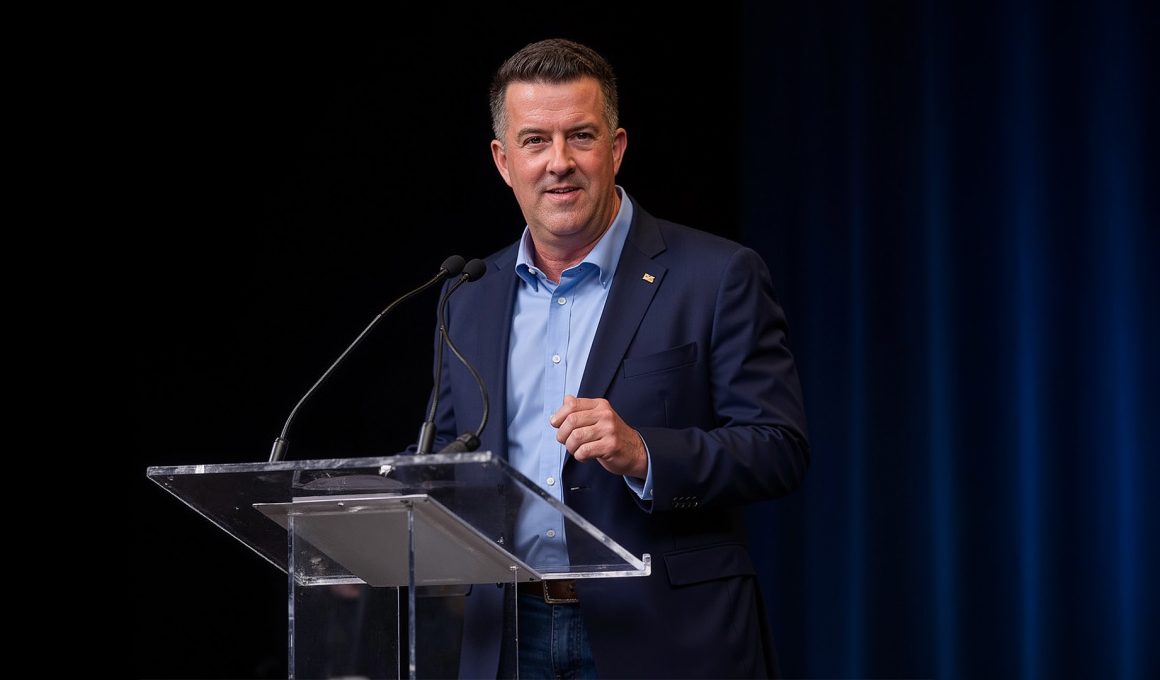Hospitality renovations live and die by the clock. When a hotel room sits empty, revenue stops flowing. Jeff Forrest, Sr., has spent nearly five decades figuring out how to get these jobs done right without missing deadlines. His company, WPC (formerly known as Winter Park Construction), has grown into a $150 million operation by mastering the art of fast, high-quality renovations in challenging situations.
Delivering Renovations Without Losing Quality
Most of WPC’s renovation work takes place in the hospitality market, including hotels and timeshare resorts, where timing is more crucial than almost anything else. Forrest’s team can completely renovate a timeshare unit in just one week. “We can walk into a timeshare unit on a Saturday after the guest checks out and be ready for them to check back in the following Saturday,” he explains. This isn’t just about speed for the sake of speed. He understands his clients’ guests might only take one vacation per year, so everything must be perfect when they arrive. “Our job is to make sure that we, in this very specific window of time, execute very well,” he says. Years of doing this work have taught WPC exactly what needs to happen and when.
The company’s approach has become highly streamlined over time. “One of the ways that we stand out, one of our strategic advantages, has been the ability to get organized, have everything prepared, walk in that door and walk out when it’s finished,” Forrest notes. It sounds simple, but continually improving this process year after year is what keeps clients coming back.
Maintaining Quality and Timing Standards
Ask Forrest about his non-negotiables and he’ll give you a short list. Quality comes first, no exceptions. “Non-negotiables are both quality and time,” he states. After building WPC’s reputation over nearly 50 years, there’s no room for shortcuts that might damage what they’ve built. Budget matters too, but not in the way you might think. “Most of our clients understand that value isn’t necessarily being the cheapest price,” he explains. What clients really want to know is whether their guests will feel they got their money’s worth when they walk into that renovated space. Time represents the other critical piece. When clients shut down hotel rooms or vacation units for renovations, they’re losing money every single day. Forrest gets this completely and structures everything around meeting those deadlines.
Coordinating all the different people involved in a major renovation takes serious planning. He compares it to training for a fight. “Everybody has to understand what their roles are when the bell rings,” he says. “It’s almost as if you’re a boxer and you’re getting ready for a fight; you’ve got to train and run and be prepared.” WPC treats each project as a production line, where the building remains stationary while workers move through it efficiently. “The only way to do that is to plan well,” Forrest emphasizes. This involves lining up vendors, ensuring materials arrive on time, and ensuring that everyone clearly understands their specific responsibilities before work begins. The company has built strong relationships with vendors over the years, which helps when things get complicated. “We certainly prepare extensively before we start so that we’re ready to begin.” Forrest admits, “We’re not perfect, but the preparation makes a huge difference.”
Expanding Successfully Into New Regions
WPC has undertaken projects nationwide, including some challenging situations. One project that sticks out happened in Wisconsin during January. “If you can imagine the coldest time of the year to be in Wisconsin,” he recalls, explaining that resorts plan all their renovation work into winter months when nobody wants to vacation there. Establishing a presence in new markets comes down to treating people right. “Our goal is just to make sure we treat them well and pay them well. And I think that permeates in the industry,” he explains. Word travels fast in the construction industry, so having a good reputation helps when local contractors need to decide whether to work with an outside company. Forrest believes this approach has served WPC well over the decades. “If there’s a subcontractor in Wisconsin that needs to figure out whether or not we’re good humans, they’re going to call somebody that we’ve done business with,” he says.
The future might bring some interesting technological improvements. He sees potential in AI scheduling to shave even more time off projects. “If you think about picking up an hour a day in a seven-day schedule, that’s seven hours. And does that put somebody in that room quicker for the client?” Every hour saved means revenue restored faster for his clients. When he thinks about memorable projects from his career, Forrest recalls working alongside his father, who was a true craftsman. His dad had an interesting way of testing potential workers, giving them exactly one hour and all necessary tools to build sawhorses from scratch. “My dad could do it all,” he remembers fondly.
More recently, WPC completed a fascinating historical renovation in Jacksonville, converting an early 20th-century warehouse into modern apartments while preserving its historical character. Projects demonstrate the various aspects of what the company can handle. With his son now serving as president and general partner, Forrest feels confident about WPC’s future. The next generation is already in place to keep the company running for another 50 years.
Connect with Jeff Forrest on LinkedIn to explore his approach to fast, high-quality renovations.








